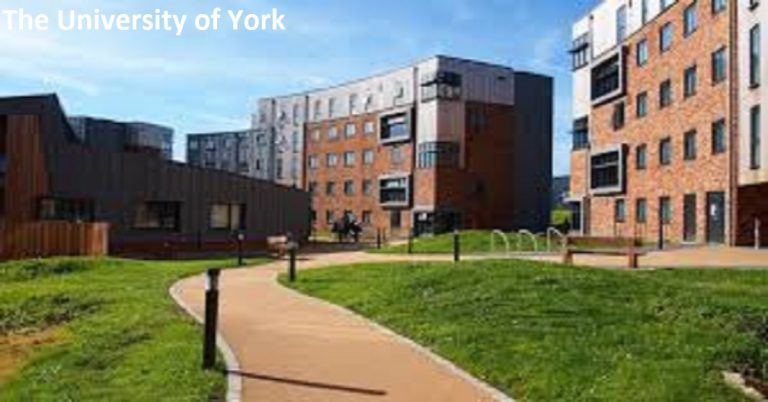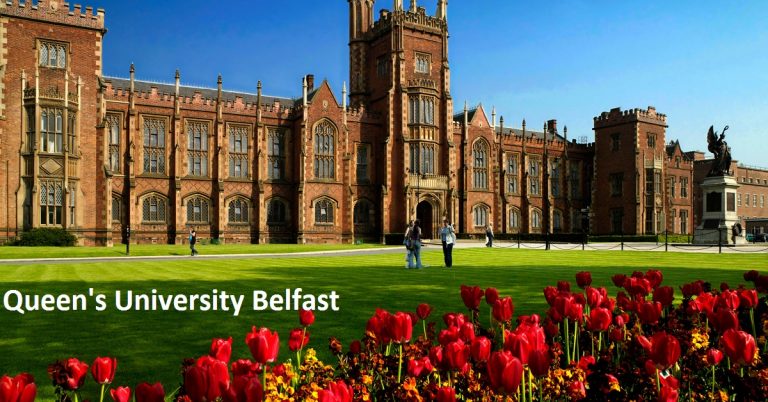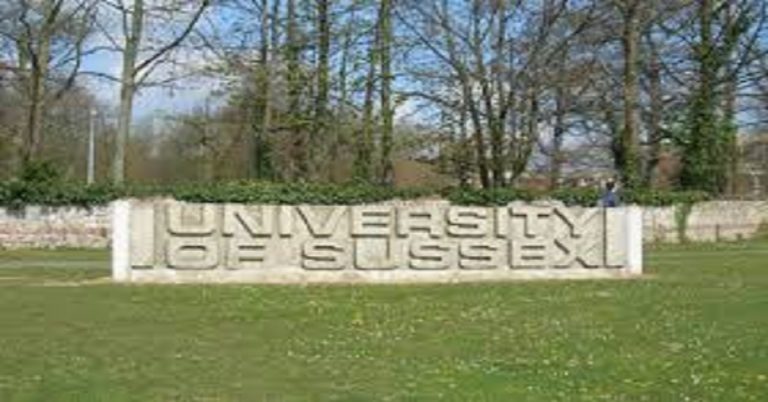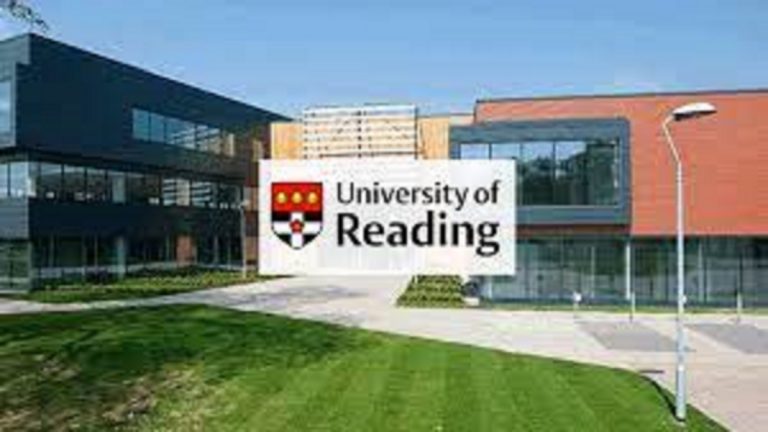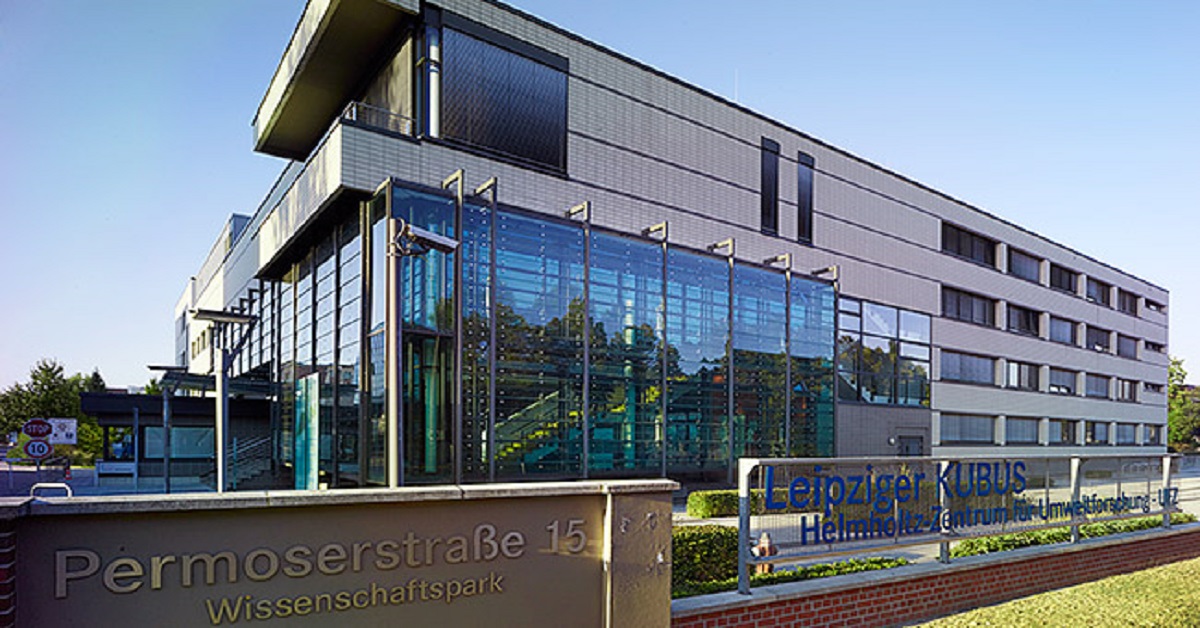
Helmholtz Centre for Environmental Research in Germany invites application for vacant PhD and Postdoctoral Positions, UFZ covers both basic research and applied research.
Jobs & PostDocs
Closing date for applications: • Location: LeipzigPostdoc/ Senior Scientist (f/m/x) in the field of electrobiorefineries
Closing date for applications: • Location: LeipzigResearch Assistent (f/m/x)
We are seeking a highly motivated student to join our team as a student/scientific assistant (f/m/x) to work in a laboratory or pilot plant to carry out experiments with bacterial cultures in bioreactors.
PhD positions
Closing date for applications: • Location: LeipzigPhD Researcher (f/m/x) – Understanding the Impact of Pesti-cide Exposure and Heat Stress on Bumble Bee Health and Behavior
Closing date for applications: • Location: LeipzigPhD Researcher (f/m/x) in Protein Biotechnology
Graduation Work / Internships
Closing date for applications: • Location: –Bachelor / Master Thesis on Biochar adsorbents for urban pollutant removal
Closing date for applications: • Location: –Master Thesis
Within the BMBF-funded joint project KONATES, the effects of ATES systems on the groundwater microbiome and the local contamination of the aquifer, including their (natural) attenuation as a result of microbial and abiotic reactions will be investigated by model laboratory microcosm experiments with a focus on chlorinated organic compounds.
Closing date for applications: • Location: –Internship opportunity for bachelor or master students at the Helmholtz Centre for Environmental Research (UFZ)
We are looking for a motivated student to join the Advanced Adsorption and Oxidation Research Group in the Department of Technical Biogeochemistry at the Helmholtz Centre for Environmental Research (UFZ) as an intern.
Closing date for applications: • Location: –Master / Bachelor Thesis / Internship (f/m/x) – Studying Placenta Models under Environmental Chemical Exposure
Research opportunity for a motivated Master’s/Bachelor’s student or intern to contribute to our project on placental barrier models. The project investigates how environmental chemicals affect placental function using 3D co-culture systems and placental cell lines.
Closing date for applications: • Location: –Master Thesis / Internship
Master Thesis or Internship within the EU-Project RestPoll, at the Department of Community Ecology in Halle.
Closing date for applications: • Location: –Master Thesis in Experimental Plant Ecology (f/m/x)
Master thesis in Experimental Plant Ecology, winter term of 2025/26.
